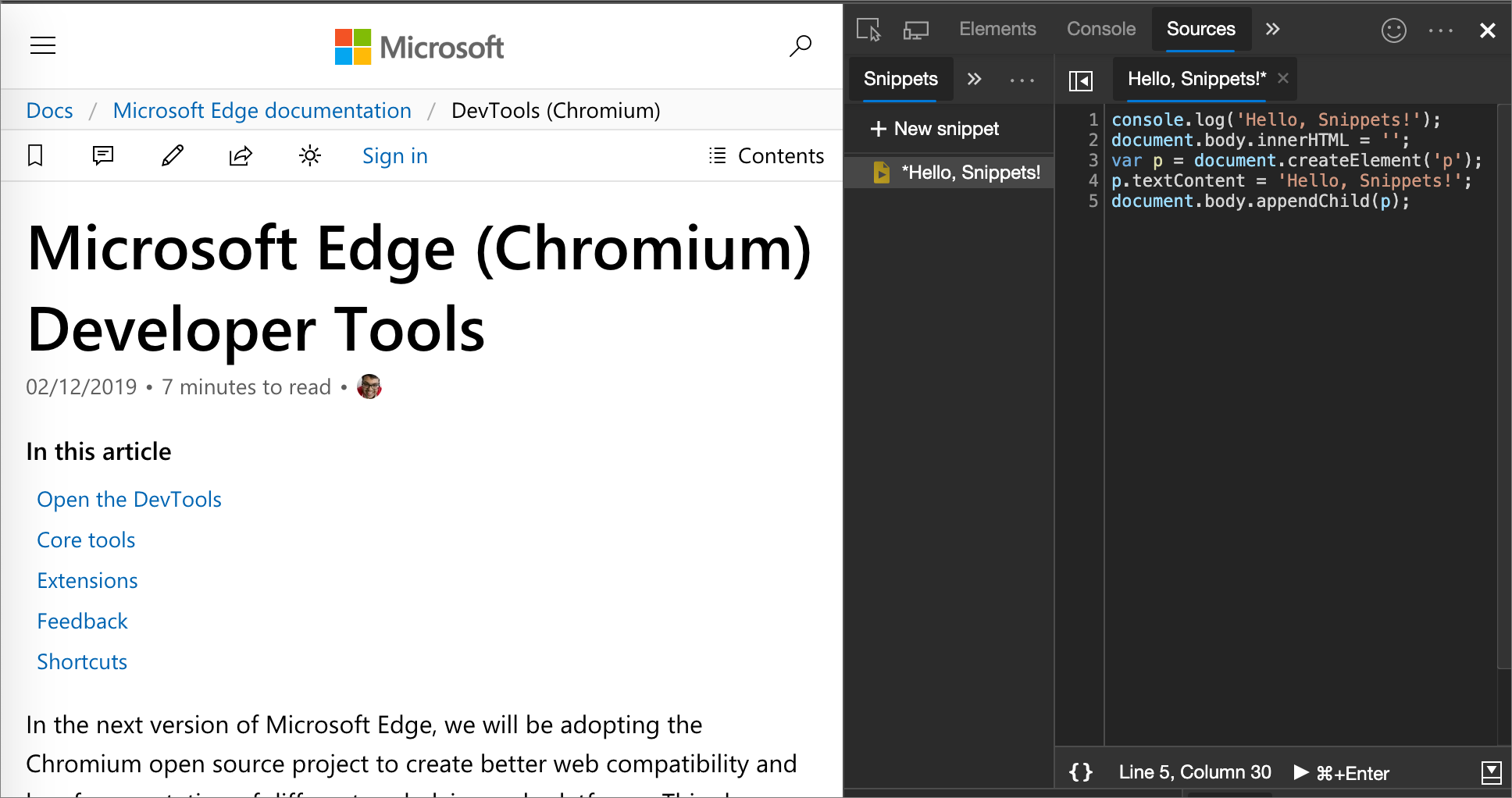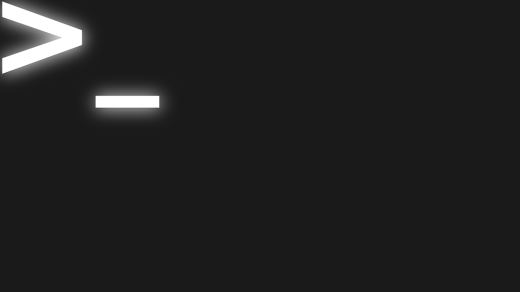Welcome to our JavaScript Basics Tutorial, where we will explore the fundamental concepts of this versatile programming language.
Introduction to JavaScript

JavaScript is a versatile scripting language commonly used in web development to add interactivity to websites. It allows you to manipulate the Document Object Model (DOM) of a web page, making it dynamic and user-friendly.
With JavaScript, you can create functions, handle events, and interact with HTML and CSS to build interactive web applications. It is supported by all major web browsers and is an essential skill for any web developer.
Learning JavaScript will enable you to add features like animations, video, and interactivity to your websites. It is also used in various APIs to create dynamic content, such as social media plugins like Facebook comments or Disqus threads.
By mastering JavaScript basics, you will have a solid foundation to explore more advanced concepts and frameworks. Whether you’re a beginner or an experienced programmer, understanding JavaScript is essential for creating engaging and interactive web experiences.
Variables and Operators
In JavaScript, variables are used to store data values. They can be declared using keywords like var, let, or const. Operators, on the other hand, are symbols used to perform operations on variables and values.
Variables can hold different types of data such as strings, numbers, or booleans. It is important to understand the scope of variables, which determines where they can be accessed in your code.
Operators in JavaScript include arithmetic, assignment, comparison, logical, and more. These operators allow you to manipulate and compare values, making your code more dynamic and flexible.
By mastering variables and operators in JavaScript, you will have a solid foundation to start building dynamic and interactive web applications. Practice using them in simple exercises to improve your understanding and skills.
Conditionals and Functions
In JavaScript, **conditionals** are used to perform different actions based on different conditions. The most common conditional statement is the **if statement**, which executes a block of code if a specified condition is true.
Functions in JavaScript are blocks of code that can be reused multiple times. They can accept inputs, called **parameters**, and return outputs, called **return values**.
To declare a function in JavaScript, you use the **function keyword** followed by the function name and any parameters inside parentheses. The code block of the function is enclosed in curly braces.
You can call a function by using its name followed by parentheses. You can pass in arguments to the function, which will be used as the parameters within the function.
Functions can also be assigned to variables, passed as arguments to other functions, and returned from other functions.
Understanding how to use conditionals and functions is essential for writing dynamic and interactive web applications in JavaScript. By mastering these concepts, you can create more efficient and powerful code.
Events and Applications
Events in JavaScript are actions that occur on a web page, such as clicking a button or hovering over an image. Applications, on the other hand, are the programs or software that run on the web browser.
Understanding how to work with events and applications is crucial for anyone looking to dive into web development. By using JavaScript, you can create interactive and dynamic web pages that respond to user actions.
Events can be triggered by various actions, allowing you to control how your web application behaves. With the Document Object Model (DOM), you can access and manipulate elements on the web page, making it easier to create a visually appealing and functional website.
Learning how to work with events and applications in JavaScript will give you the skills needed to create engaging web applications. Start practicing with simple event handlers and gradually build your knowledge to create more complex applications.
Quizzes and Certification
After completing this JavaScript Basics Tutorial, you may want to test your knowledge with quizzes available on various websites. These quizzes can help reinforce your understanding of key concepts and identify areas where you may need further study.
Additionally, pursuing certification in JavaScript can be a valuable way to showcase your skills to potential employers. Certifications can validate your expertise in this scripting language and set you apart in a competitive job market.
Remember, certification is not mandatory, but it can be a great way to demonstrate your commitment to learning and improving your skills in JavaScript. Consider looking into certification programs offered by reputable organizations or online platforms.
By taking quizzes and pursuing certification, you can solidify your understanding of JavaScript basics and enhance your credentials as a programmer. Good luck on your journey to mastering this powerful scripting language!
Career Opportunities
Knowledge of JavaScript is essential for front-end developers, as it is a core technology used in web development alongside HTML and CSS. Additionally, many companies look for developers who can work with JavaScript frameworks and libraries such as React, Angular, and Vue.js to create modern web applications.
Moreover, JavaScript is widely used in back-end development with Node.js, allowing developers to build server-side applications. This versatility makes JavaScript developers highly sought after in the job market.
Keep honing your JavaScript skills by practicing coding challenges, building projects, and staying updated with the latest trends in web development. By continuously improving your JavaScript proficiency, you can position yourself for exciting career opportunities in the tech industry.
FAQs and References
| Question | Answer | Reference |
|---|---|---|
| What is JavaScript? | JavaScript is a high-level, interpreted programming language that is widely used to create interactive websites. | MDN Web Docs |
| What are the basic data types in JavaScript? | The basic data types in JavaScript are strings, numbers, booleans, null, undefined, and objects. | W3Schools |
| How do you declare a variable in JavaScript? | Variables in JavaScript are declared using the ‘var’, ‘let’, or ‘const’ keywords. | MDN Web Docs |
| What are functions in JavaScript? | Functions in JavaScript are reusable blocks of code that perform a specific task. | W3Schools |



